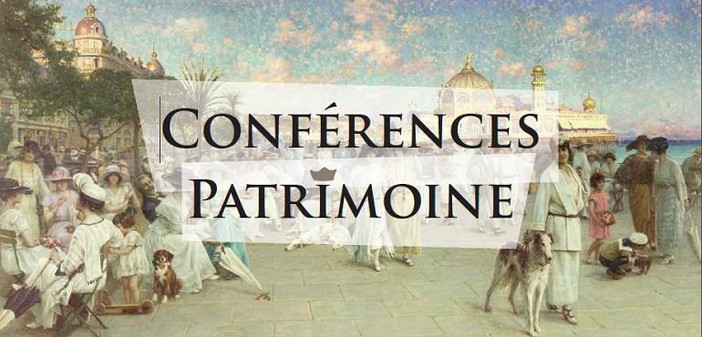Salons and social events, concerts and operas, sea baths and regattas… The range of entertainment offered by Nice, the winter capital of the Côte d’Azur, was vast. The new leisure activities and successive facilities left a lasting mark on landscapes and mentalities.
During the Belle Époque, Nice, known for its luxury, celebrations, and a certain “joie de vivre,” was the capital of winter tourism. The majority of winter visitors belonged to the privileged elite. Nice was keen on meeting their expectations by offering sumptuous accommodations and varied entertainment.
The urban setting adapted to its welcoming function. While the official buildings remained in the old town, hotels, and shops intended for tourists were located in the new town, on the right bank of the Paillon. Services were positioned far from residential areas.
The population increased in line with the economic boom. This economy was partly controlled by foreign capital, yet the local bourgeoisie, of moderately republican opinion, assumed the main political responsibilities.
It was quite different for the lower classes, especially the many Italian immigrants, who led difficult lives and reaped little of the Belle Époque’s glow…
A new cycle of 9 lectures on “the attractions of vacationing during the Belle Époque” commenced at the Auditorium of MAMAC (Nice) with success and will continue in the coming weeks.
SATURDAY, MARCH 5: “Nice and the Côte d’Azur at the forefront of women’s emancipation into sports” by Landy Blanc, historian, and Marie-Hélène Lanfranchi, technical advisor at the Ministry of Sports
Traditions, macho stereotypes, and myths were long obstacles for women wanting to participate in sports, competitions, and leadership roles. Instructions given in 1887 in primary schools for gymnastics included the following measures: “If men must be prepared to be good soldiers, the goal for young girls is preparation for household care and women’s handiwork, to become a good progenitor and a good mother, to improve the race.”
The Great War allowed women to emancipate towards sports. But the battle would be long… Until 2004, in Athens, where for the first time in Olympic history, French women won more medals than French men. This disproved the Baron de Coubertin’s 1912 Stockholm Games statement: “A female Olympiad would be impractical, uninteresting, unaesthetic and incorrect.”
Upcoming events:
SATURDAY, MARCH 19: “Charles Garnier’s Riviera, between dream and reason”
by Jean-Lucien Bonillo, architect historian, professor at the School of Architecture in Marseille
SATURDAY, APRIL 2: “The Riviera casinos: high places of vacationing” by Jean-Paul Potron, librarian, Historical Heritage Service of the City of Nice
SATURDAY, APRIL 9: “Hotel industry in the 19th century, from the villa and guest house to the modern hotel” by Michel Tschann, President of the Nice Côte-d’Azur Hoteliers’ Union and the Real Estate Hotel Society of Nice
SATURDAY, APRIL 23: “Our Lady of Nice. A parish for the ‘foreign colony’” by Gilles Bouis, archivist of the Diocese of Nice
SATURDAY, MAY 21: “Great times of social life” by Dominique Escribe, historian
SATURDAY, MAY 28: “The bustling life of operas in Nice from 1830 to 1914” by Annick Dubois, associate professor of musicology, University of Nice Sophia Antipolis


